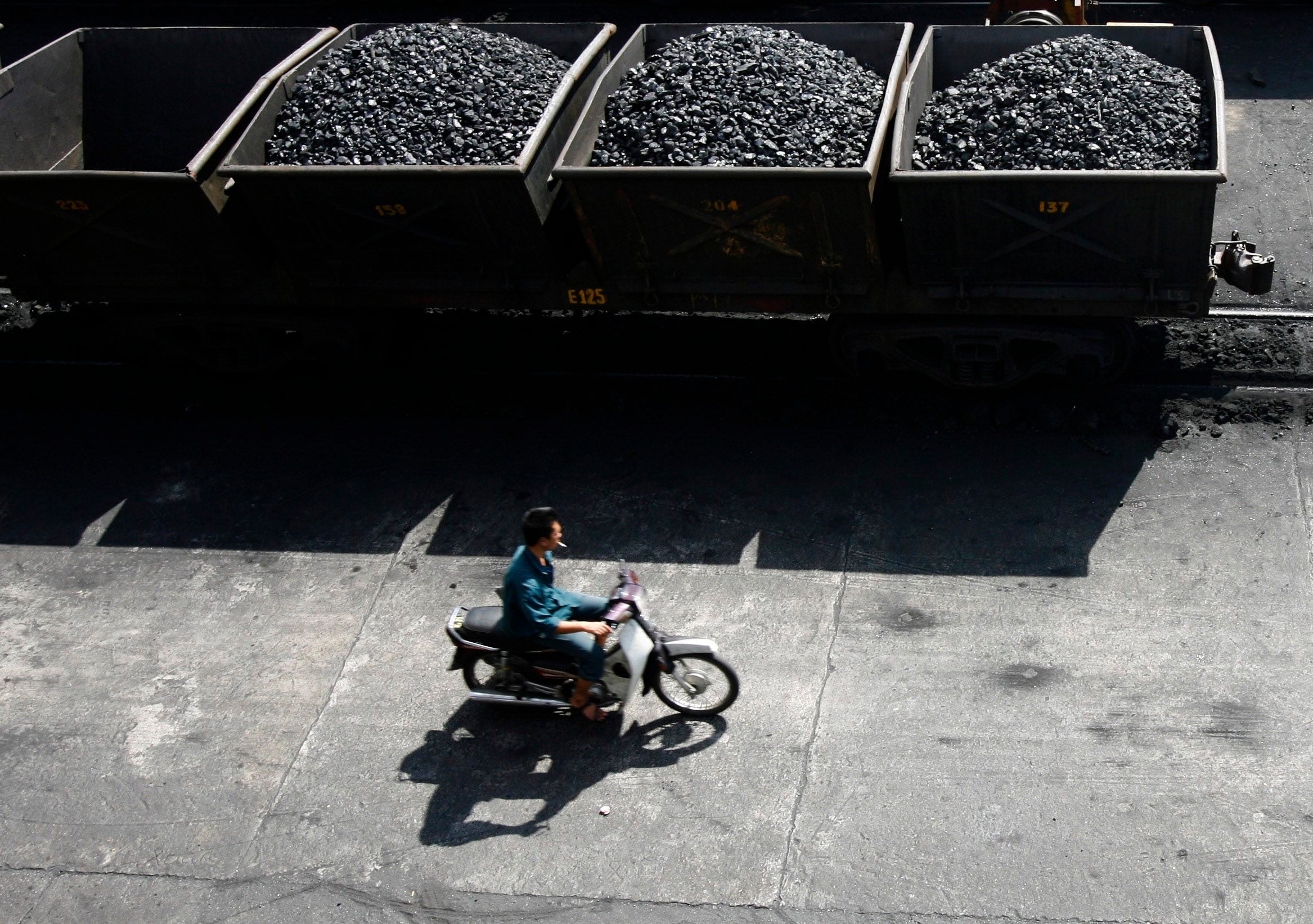Vietnam agrees ‘ambitious’ $15bn with rich nations to help it move away from coal
Vietnam is the third country after South Africa and Indonesia to get a financial package to help its transition away from coal

Vietnam has secured a $15.5bn deal from wealthy nations to move away from coal in a third such package announced for developing countries amid calls to accelerate transition towards green energy.
The deal agreed between G7 countries, Denmark and Norway will see Vietnam receive a $15.5 billion financial package, with half of the money coming partially as public and private funding.
The money will be disbursed over the next three to five years, the British foreign office said in a statement. However, the political declaration does not directly address how much of the finance would be given as grants rather than loans.
The deal will help bring forward the target year for Vietnam to peak its greenhouse gas to 2030, from a previous 2035 projection. It also aims to limit its peak coal capacity to 30.2 gigawatts (GW) instead of an initially planned 37 GW, and source 47 per cent of its power from renewable energy by 2030, the statement said.
The partners said the successful delivery of the new targets would result in around 500 megatons of emissions being saved through to 2035, while also creating thousands of green jobs and driving investment across the fast-expanding economy.
“Today, Vietnam has demonstrated leadership in charting an ambitious clean energy transition that will deliver long-term energy security,” US president Joe Biden said in a statement.
Vietnam is the third country after South Africa and Indonesia to get a financial package to help its transition away from coal as calls to phase down fossil fuels intensify across the world with the rising impact of the climate crisis.
The sum offered to Vietnam is also considerably higher, with Indonesia getting a $10bn deal and South Africa promised $8.5bn.
The deal was expected to be finalised during last month’s Cop27 Climate Summit in Egypt, alongside the $20bn just transition partnership agreed with Indonesia.
However, the talks reportedly stalled with Vietnam’s government pushing for a larger share of the funding to be provided through grant programmes than loans.
This has been a major sticking point in all the partnerships aimed at helping developing countries strengthen their climate action goals.
Experts say a large part of the funding must come as grants instead of loans as in previous settlements, in order to not burden the growing countries with further financial obligations and ensure the “just” aspect of the transition.
The statement for this deal, however, does not mention how much of the money will come as grants and what will constitute loans.
The statement only refers to the finance being provided through “appropriate financial instruments” which should fit with Vietnam’s framework of debt management and be on better terms than the government could otherwise access without diverting the existing development funding.
Reuters, however, quoted a source saying that only a minor part of the funding will be grants, while most of the public investment will be loans.
Coal dominates Vietnam’s power grid and the country is among the world’s top 20 users of the fossil fuel. In 2020, about half of the country’s energy requirements were derived from coal, whilst non-hydroelectric renewables accounted for only 5 per cent.
Vietnam, however, has a target of reaching net-zero emissions by 2050 and is one of the signatories of the Global Coal to Clean Power Transition statement, committing to ceasing the issuance of new permits and construction of new unabated coal-fired power generation projects.
Subscribe to Independent Premium to bookmark this article
Want to bookmark your favourite articles and stories to read or reference later? Start your Independent Premium subscription today.

Join our commenting forum
Join thought-provoking conversations, follow other Independent readers and see their replies